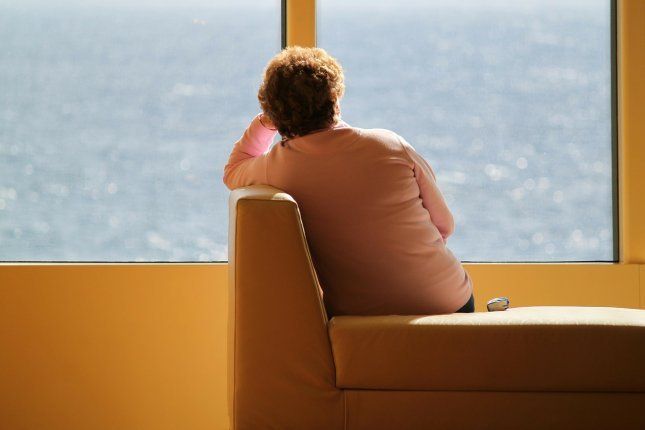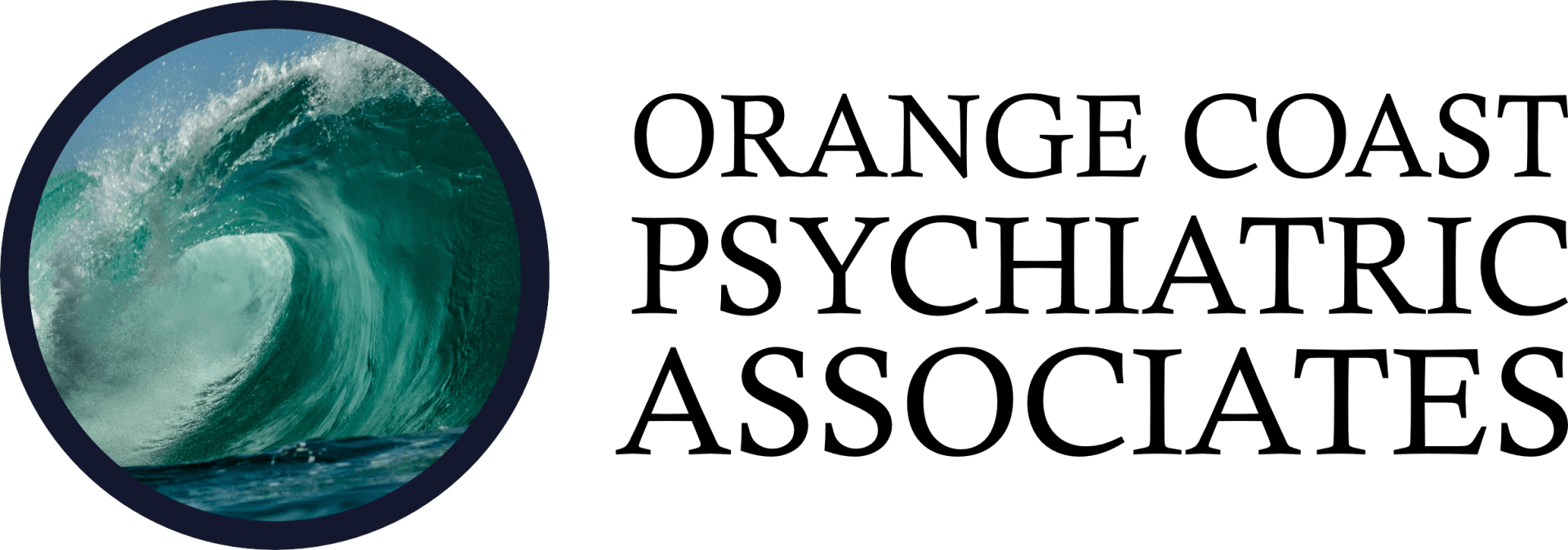Psychiatric disorders linked with higher risk for heart disease, diabetes death

(UPI) -- People with mental health disorders are up to twice as likely to die earlier from chronic conditions such as heart disease and diabetes than those without them, a study published Thursday by PLOS Medicine found.
Among people with psychiatric disorders such as anxiety, depression, bipolar disorder, substance use disorder and schizophrenia, 21% died within five years of being diagnosed with heart disease, diabetes or breathing problems, such as chronic obstructive pulmonary disease, the data showed.
Of those without diagnosed mental health disorders, 9% died within five years of learning they had one of these chronic conditions, the researchers said.
Compared with unaffected siblings, people with mental health disorders were about seven times more likely to die within five years of being diagnosed with a chronic physical health condition and nearly nine times more likely to die by suicide within that time frame, according to the researchers.
Of all the participants in the study, 7% died of any cause within five years of being diagnosed with a chronic condition and 0.3% died by suicide, they said.
"We used electronic health records to investigate over 1 million patients diagnosed with chronic lung diseases, cardiovascular diseases and diabetes," study co-author Dr. Seena Fazel said in a press release.
Body Image
As noted by the Flinders University study, the connection of social media use and eating goes deeper than just food. In many ways it is one of body image, and various studies have found that this can be both good and bad. King University Online compiled data from a number of studies and found that there are positive effects that come from social media on body image – this can include healthier eating, exercise and making good choices.
However, social media can have a serious negative impact as well when people too often compare their appearance with others.
Social media also ties in with another trend: "the era of the selfie," explained Julie Sylvester, producer of the upcoming CES 2020 Sports & Fitness Tech and Wearable Tech Summit.
"The more pictures we post of our event, activities, new haircuts, and vacations on social media, the more time we spend looking at ourselves through the eyes of other people," Sylvester explained.
Never before has it been so easy to take pictures of one's self and share them for the world to see. This constant need to share however comes at a price. People like compliments but are rarely ready for the criticism that invariably comes.
"Most people are a few pounds overweight, have the wrong hair style or the wrong clothes, but like the proverbial fairy tale, mirrors lie and the old cliché 'a picture is worth a thousand words' sometimes can amplify flaws and more importantly reveal how others see us," added Sylvester.
"More than 7% of the patients died of any cause within five years and 0.3% died from suicide, risks that were more than doubled in patients with psychiatric comorbidities," said Fazel, a professor of forensic psychiatry at the University of Oxford in England.
One in five American adults has a mental illness, according to the National Institute of Mental Health.
Recent research has linked inflammation seen in people with mental health disorders with a higher risk for other health problems, including COVID-19.
The findings are based on an analysis of data from national registries in Sweden that included information on more than 1 million people born between 1932 and 1995 who had been diagnosed with chronic lung diseases, heart disease and diabetes.
About one-third of the participants had been diagnosed with a psychiatric disorder during their lifetimes, the researchers said.
People with substance use disorder were up to 10 times more likely to die within five years of being diagnosed with a chronic physical health condition, the data showed.
In addition, those depression had a seven-fold higher risk for death within five years of receiving a diagnosis.
Improved assessment, treatment and follow-up care for those with mental health disorders could reduce the risk for early death from chronic conditions, Fazel and his colleagues said.
Orange County Psychiatric Associates, in Mission Viejo, works with adolescents, and adults to enable them to live their lives to their fullest. Orange Coast Psychiatric Associates tailors treatments based on the understanding that both body and mind must be treated in order to promote better mental and physical health. Let us help you improve your quality of life with specialized care for you.




